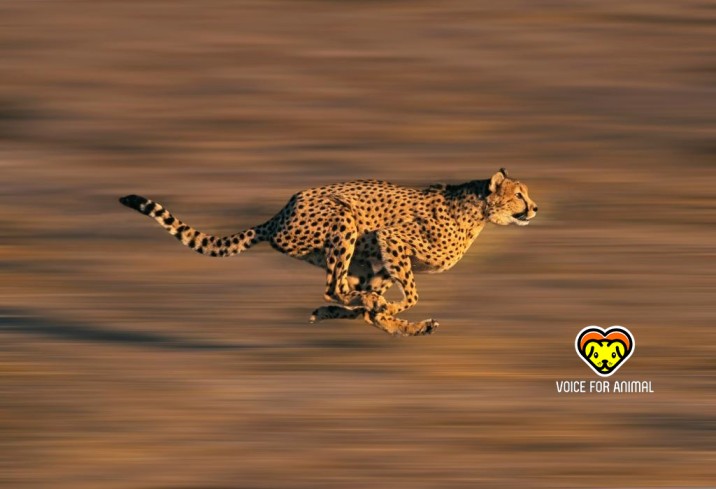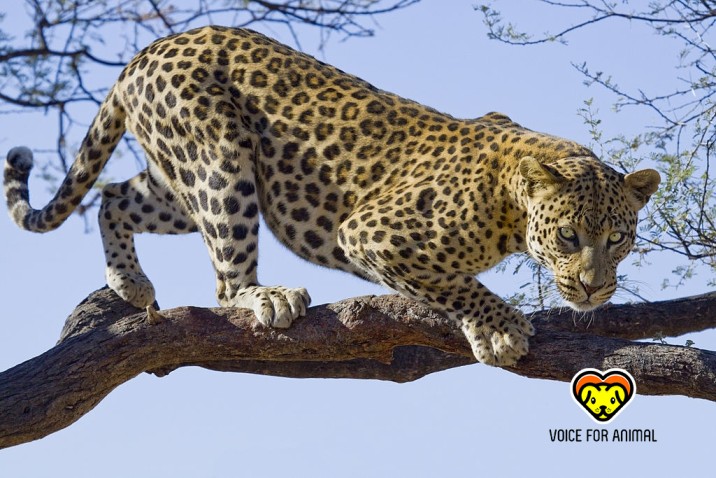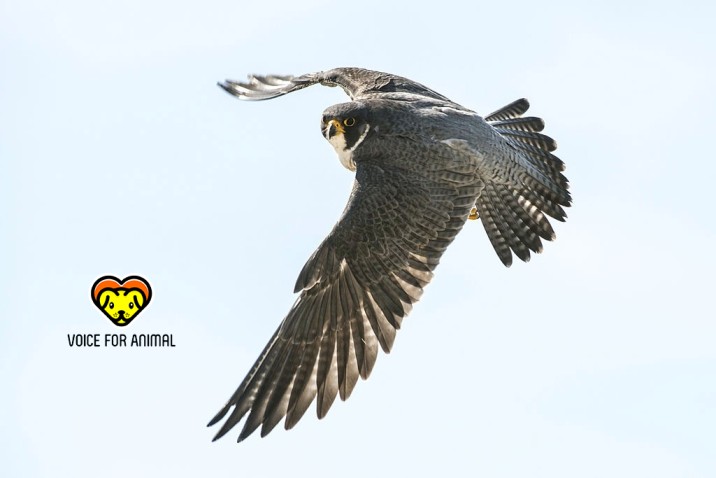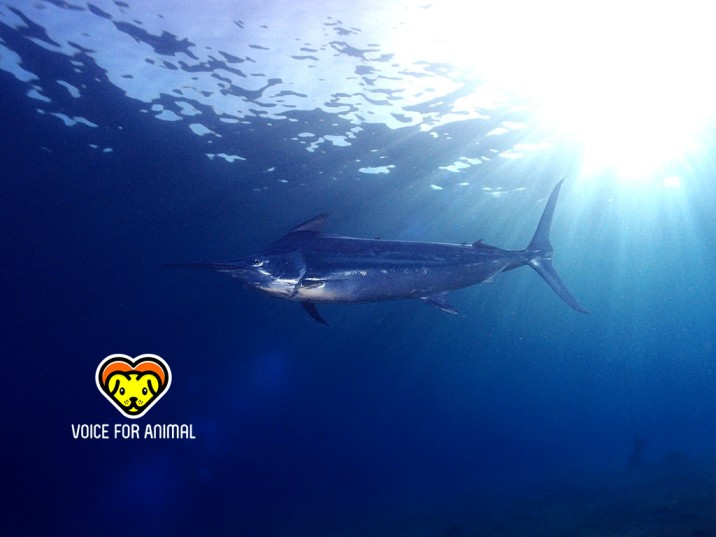What is the Fastest Animal in the World
Ask anyone about the fastest animal on Earth, and perhaps the cheetah will say. But the focus on fast cats has stole attention from other species that go faster — about three or more times faster than the cheetah. Who are the neglected sprinters in the animal kingdom?
 |
| Running Cheetah |
To be clear, the cheetah (Acinonyx jubatus) is undoubtedly fast. It is true that it is the fastest animal on Earth. With documented top speeds of 64 mph (103 km/h), the cheetah easily outperforms other fast animals, such as racehorses, to take the title of the world's fastest land animal. Some estimates of its top speed are close to 70 mph (113 km/h), according to the Smithsonian National Institute of Animal Biology and Conservation.
 |
| Body of a Leopard |
The combination of leg length, muscle size and a long stride gives the leopard the perfect body to run across the ground, said John Hutchinson, professor of evolutionary biomechanics at the Royal Veterinary College in London. Additionally, a 2017 model based on 474 terrestrial and marine species, ranging from whales to flies, showed that speed is closely related to size. The speed increases with size until it reaches the optimum level. Beyond this optimum level, larger animals are slower because they require more energy to speed up. Hutchinson said the cheetah has an optimal medium size for speed.
However, cheetahs are only the fastest animals on Earth over short distances. This is because they do not pursue prey at high speeds over long distances. Their hunting strategy revolves around accelerating and maneuvering very quickly, according to a 2013 study in Nature. In essence, its stamina is limited. “Cheetahs, like most cats, do not chase animals,” Hutchinson said. No other land species can reach 70 mph, or even 64 mph, but it is estimated that the sloth antelope (Antilocapra americana) can reach speeds of 60 mph (97 km/h) and can maintain a speed of 45 mph (72 km/h). miles, according to the book "Built for Speed: A Year in the Life of the Pronghorn" (Harvard University Press, 2003).
 |
| Antelope Hunting |
Once you include marine animals and birds, the competition really rages. A peregrine falcon (Falco peregrinus) has been recorded at a diving speed of more than 200 mph (322 km/h), according to Guinness World Records. In fact, they may dive at 350 mph (563 km/h), although scientists have not officially documented this high speed.
 |
| Peregrine Falcon |
“Very few flying birds can go faster than a cheetah,” Hutchinson said. The common Apus has been measured to fly at 69 mph (111 km/h), and the white-throated needle-tail (Hirundapus caudacutus) is estimated to reach a speed of 105 mph (169 km/h), according to the National Audubon Society.
 |
| A Common Apus |
Ocean also has an elite list of fast cars. The black marlin (Istiompax indica) has been clocked at 80 mph (129 km/h), according to Britannica, and swordfish (Xiphias gladius) and sailfish (Istiophorus) can reach speeds of 60 mph (97 km/h). ) and 68 mph (109 km/h), respectively, according to data from the ReefQuest Center for Shark Research.
 |
| Black Marlin |
So, while the cheetah deserves its place among the fastest animals on the planet, it gets an undue share of the limelight. One reason for this, Hutchinson said, is that the speeds of most animals have not been thoroughly studied. The speeds of racehorses, cheetahs, greyhounds, and camels were measured carefully and frequently. He said the researchers even verified that the animals were completely exhausted.
But Hutchinson said the speeds of most other animals are just observations and estimates. They give us an idea of how fast these animals can move, he said, but the estimates "are not good data [enough] for an unruly world," he said.






Leave a Comment